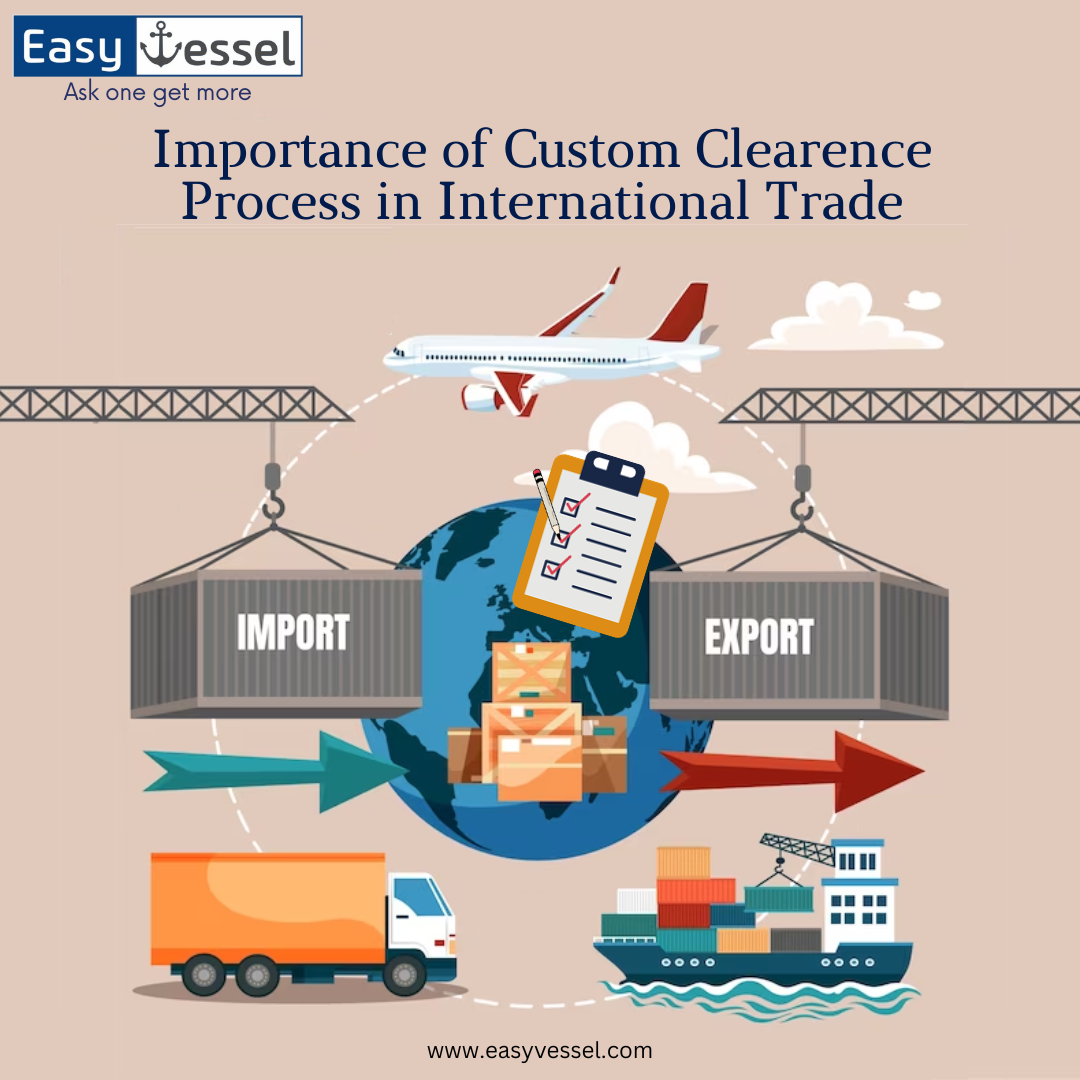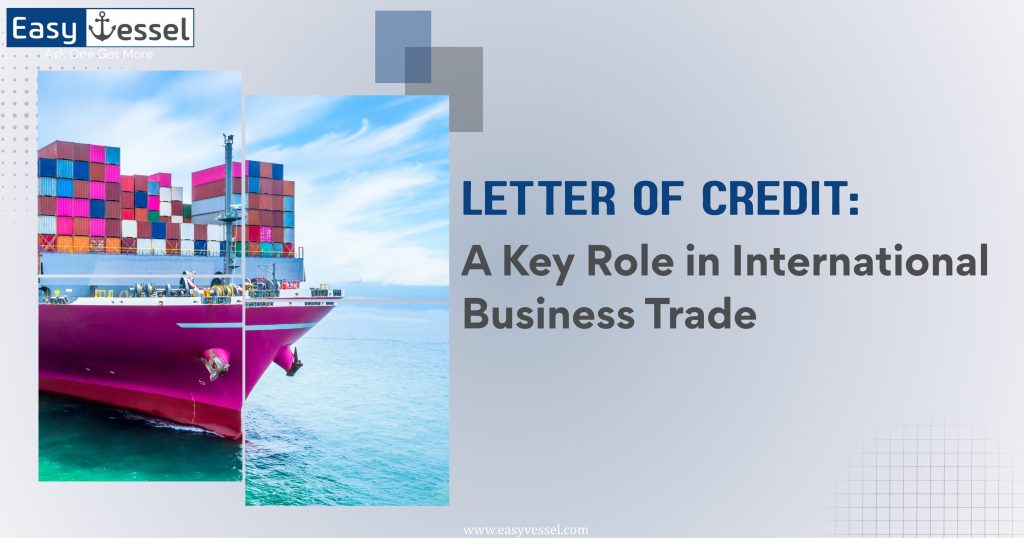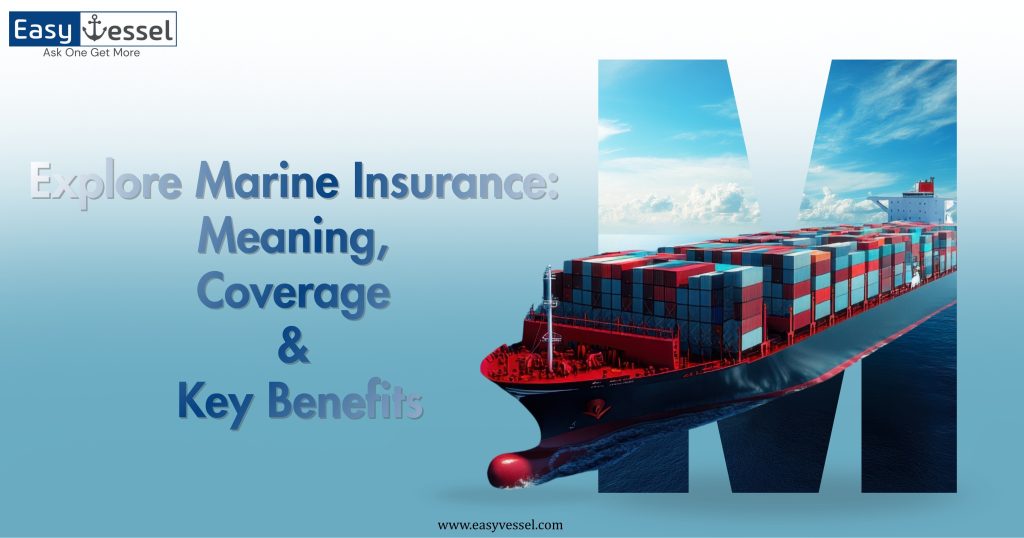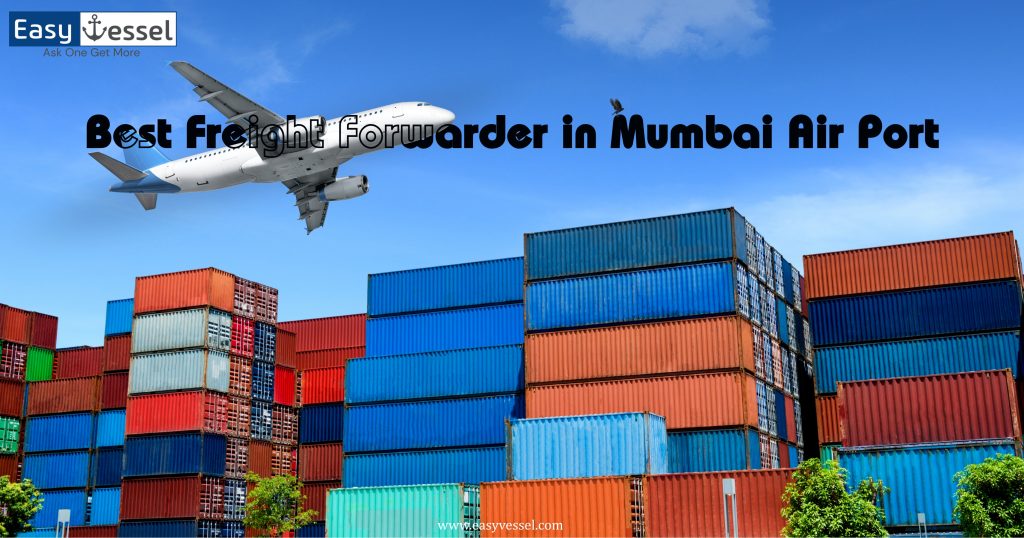Customs Clearance Meaning
- Customs clearance is the process of getting your goods through the customs authorities of the country you are importing or exporting them to.
- It is like a passport for goods in international trade, ensuring they follow the rules and regulations when crossing borders.
- This can save you time and money, as well as help you avoid delays and fines.
- Therefore, customs clearance is the process of ensuring that imported goods comply with all relevant regulations and that all applicable import duties and taxes are paid.
- Businesses or individuals must provide detailed information about the shipment, including its value, origin, destination, and contents.
- Customs clearance involves a set of processes and paperwork that ensure products can enter or leave a country legally and safely.
- Customs clearance is important for international trade to make sure everything runs smoothly and by the rules.
- It’s like a traffic cop for goods traveling around the world, making sure they follow the right path.
Customs Clearance Process:
The Customs Clearance Process is a series of steps to make this happen. Here’s a look at the custom clearance process:
Document Preparation:
- Begin by assembling all the necessary documentation required for customs clearance.
- Required documents include the commercial invoice, bill of lading or airway bill, packing list, certificates of origin, and any necessary permits or licenses for imported or exported goods.
Customs Declaration:
- The customs declaration process involves the accurate completion of customs declaration forms, which provide comprehensive information about the imported or exported goods.
- This includes providing details on the nature of the goods, such as their value, country of origin, and their destination.
Tax and Duty Calculation:
- Calculate the import duties, taxes, and fees based on the tariff classification and declared value of the goods.
This often requires a thorough understanding of the customs tariff schedule and any preferential trade agreements in place.
Goods Inspection:
- Customs authorities may conduct physical inspections of the goods.
- Customs authorities may conduct inspections randomly or based on specific risk criteria to verify that the documentation matches the actual contents of the shipment.
- Inspections help prevent smuggling and ensure compliance with import or export regulations.
Compliance Verification:
- Verify compliance with all relevant regulations, including those related to product safety, health, environment, and trade restrictions.
- Non-compliance can result in delays, fines, or the seizure of goods.
Payment of Duties and Taxes:
- Importers or exporters must pay assessed duties, taxes, and fees before allowing the goods to proceed further in the customs clearance process.
Goods Release:
- Upon successful completion of all customs requirements and payment of applicable duties and taxes, customs authorities grant clearance for the goods to enter or exit the country.
- This release typically results in the issuance of a customs release order.
Delivery:
- Once the customs clearance process is completed, the goods can be transported to their intended destination, whether it’s a distribution center, retail location, or another point in the supply chain.
This process is essential for safe and legal international trade. It’s often handled by experts who know the rules and procedures.
7 Benefits of Customs Clearance:
Here are the 7 key benefits of Customs Clearance:
Smooth Imports and Exports:
- Additionally, Customs clearance services provide a hassle-free way to handle importing and exporting tasks, including shipping and distribution, reducing your workload.
Cost Efficiency:
- These services help you maintain a good relationship with customers by offering a clear breakdown of expenses. This transparency helps you avoid fines, delays, penalties, and the need to relocate stock.
Easy Paperwork:
- Imported goods need a formal entry, and customs clearance services simplify this process, especially for items like food, pharmaceuticals, and beauty products.
Efficient Product Identification:
- These services assign specific order numbers to each product, making it easy to categorize and identify them for customs purposes.
Avoiding Mistakes:
- Customs brokerage services, in addition to that, ensure accurate declarations, helping businesses steer clear of audits, fines, and sanctions caused by incorrect or incomplete information.
Smooth Flow:
- It’s like a traffic light for goods, ensuring they can move freely and reach their destination without disruptions.
Save Time and Money:
- Moreover, A good customs broker can save you time and money by taking care of the customs clearance process for you. This allows you to focus on other aspects of your business.
Customs clearance services make importing and exporting goods smooth and efficient. They simplify paperwork, help avoid mistakes, and ensure a smooth flow of products. This saves time and money, allowing businesses to focus on their core activities and maintain good customer relationships.
Conclusion:
In conclusion, Customs clearance is an important part of international trade. It can be complex and time-consuming, but it is worth getting it done right. A good customs broker can help you avoid delays and charges, comply with trade regulations, protect your goods, and save time and money.
Easyvesel is the best way to connect importers and exporters with multiple freight forwarders to get freight rates in multiple shipping lines with 0% commission.
Save time and money at easyvessel.
References:
Flowchart for Customs Clearance of Imported Goods [1].
Customs Handling of Import & Export Freight [2].
Frequently Asked Questions
Customs clearance ensures your goods follow the rules, pay taxes, and move smoothly across borders, avoiding issues and keeping your business running well. It also offers benefits like flexible examination locations, electronic cargo data management, and streamlined cargo processes, with Electronic Data Interchange (EDI) making business documents easier to handle.
Customs clearance is the process of getting your goods through customs when importing or exporting them to a country. It is like a passport for goods, ensuring they follow the rules and regulations when crossing borders.
Customs clearance is like getting permission for your goods when you bring them into or send them out of a country. You need to give specific documents, figure out the taxes, and pay them. After you do this, you can get your goods. When you import goods, you need to submit a bill of entry electronically before or when the goods arrive. You calculate and pay the taxes yourself in this document, known as self-assessment.



